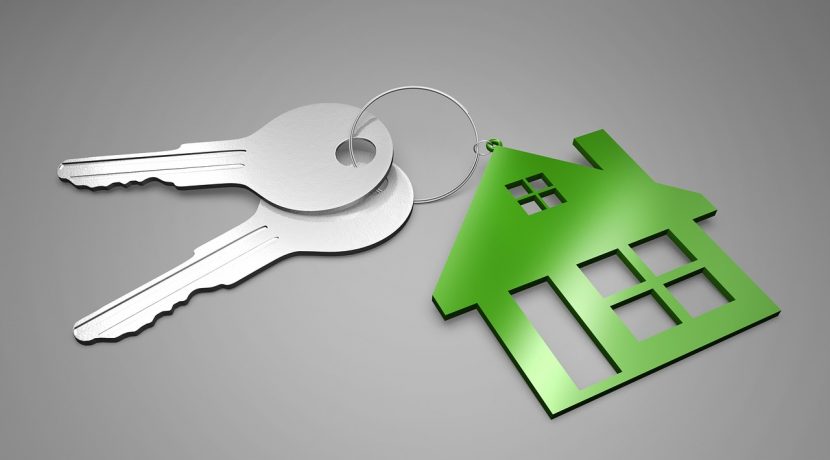When homeowners refuse to pay service charges
nit owners in a one-year-old building have been wrangling over maintenance and service fee issues with the developer. The owners complain that the owners’ association (OA) is not prompt in resolving the day-to-day concerns and never responds to queries. The owners said they have not been furnished the audit report for the maintenance charges for the period 2016-17, while there is a steep increase in maintenance charges for 2017-18.
There has also been constant leakage in the building and the owners have questioned the developers on the quality of the materials used. There was no concrete answer from the developer, and they also did not fix these issues. While there is an OA, the elected board members have very limited influence over these things.
While the homeowners’ complaint of constant leakage is valid, that does not exempt them from paying the service fees
All owners have therefore refused to pay the maintenance charges for 2016-17 until their complaints are addressed with clear deadlines. Meanwhile, the OA said the owners could be in breach of article 22 and 25 of the property law in Dubai.
Are there any legal avenues for the owners to pursue their complaints? Do they need to approach the Real Estate Regulatory Agency (Rera) or the authorities in the free zone where the property is situated?
In many disputes between homeowners and developers, the applicable law in Dubai is Law 27 of 2007 concerning ownership of jointly owned real property, along with the regulations and circulars issued by Rera. There are a number of different parties involved in the development, handover and management of a jointly owned property, each with certain rights and responsibilities in the process.
Owners’ association
The OA represents all the owners. Therefore, the owners must work through the OA when dealing with the developer. The board of the OA is registered with Rera and is obliged to comply with the code of conduct. The OA is represented by the association manager.
Owners
In terms of article 22, there is a clear obligation for each owner to pay the annual charges to the OA to cover the management and maintenance costs of the common areas. Article 25 gives the OA a lien over a unit for as long as the unit’s owner is in arrears with the payment of the service charges. If the owner does not pay the service charges and ignores three warning notices, the OA will notify Rera and the owner can be declared and registered as a defaulting owner.
Non-payment of the annual charges is illegal and should not be used as a weapon against the OA. The OA is required to make payments for the proper management of the building and that obligation should not be hindered by the owners. The annual charges are approved by Rera after the audited previous financial statements are completed and filed. If this has not been done, it is possible to file a complaint with Rera with the aim of inquiring why this has not been done and putting pressure on the OA to comply.
Non-payment of the annual charges is illegal and should not be used as a weapon against the OA. The OA is required to make payments for the proper management of the building and that obligation should not be hindered by the owners.
Robert Mitchley
Developer
Article 26 sets out the developer’s liability for structural defects for 10 years from the date of the completion of the building as reflected on the completion certificate. For the installations within the building, i.e. the mechanical, electrical and water installations, the period of liability is one year.
Remedies
The owners cannot be working at odds with the OA and a unified effort must be developed. If the board is not performing satisfactorily, then consideration should be given to having them replaced through the appropriate process. However, it is unlikely to be the solution.
Enforcement measures by the OA are hindered by the fact that its separate legal status is not recognised and, therefore, despite the wording of article 18 (1) of the law, it is not able to bring any enforcement proceedings in its own name as a separate entity.
The most effective measure for an owner or group of owners would be to file a case through the courts against the developer in respect of the damage suffered by the owner or owners. This may not sound appealing due the time and costs involved, however, the alternative is inaction and frustration, which is presently being endured.
Apart from these general considerations, any owner or OA can seek advise from a lawyer to address the disputes in the most appropriate and effective legal manner.
All rights reserved to the initial publisher for Gulf News
Collected and published by Arms &McGregor International Realty® editorial team. Get in touch with us at [email protected]

